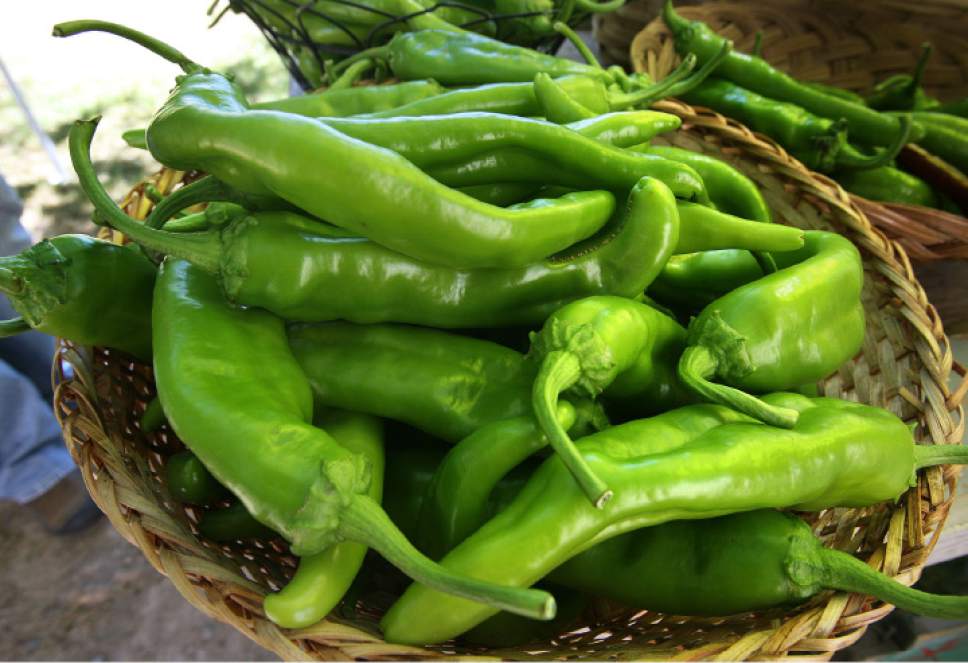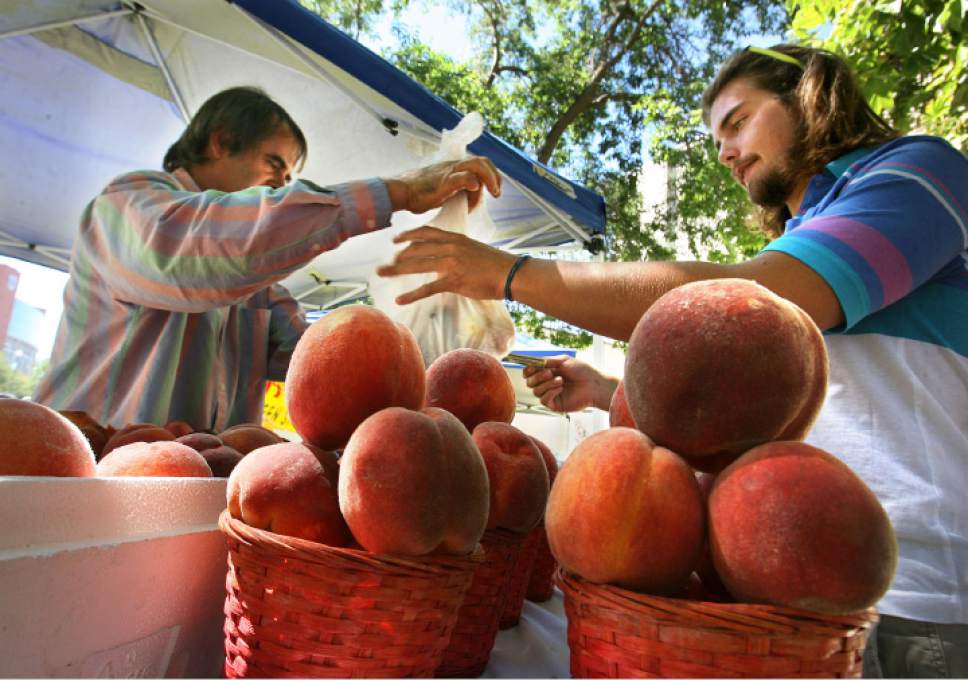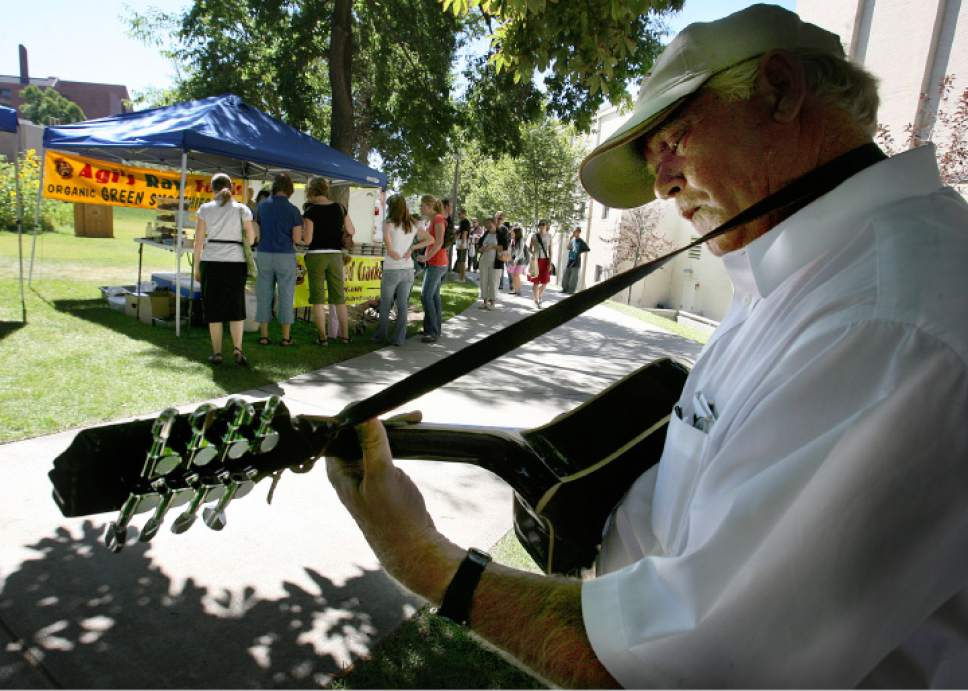This is an archived article that was published on sltrib.com in 2015, and information in the article may be outdated. It is provided only for personal research purposes and may not be reprinted.
Cafeteria sloppy joes definitely have more mystery than meat, according to research from a University of Utah student released Wednesday.
A new initiative at the U. found that only 11 percent of the food on campus is "real."
"A large portion of what we, on a day-to-day basis, consume, is not real," said Willem Schott, the student hired by University Dining Services to conduct the research.
The university announced it is committing to dedicate 20 percent of its food-purchasing budget to buying "real" food by 2020.
So, if almost 90 percent of the food on campus isn't real, what is it?
Schott said food that's not real doesn't qualify by standards set by the Real Food Challenge, an international student organization that pushes campuses to offer more sustainable food.
To be real, foods have to be one of four things:
• Locally grown. That means all ingredients are sourced within 150 miles of the U.
• Fair trade. The food was produced with "fair working conditions," including giving workers the right to unionize, paid vacation and more than just seasonal work.
• Ecologically sound. Meaning the food was produced using natural energy, water, air and soil. In other words, organic.
• Humane. Food comes from animals that were treated in natural, low-stress environments with no hormones.
Next steps for the U. include buying food from local producers "more than ever," said Dining Services Director Reggie Connerly.
"It's a big challenge, and we're up to the challenge," Connerly said.
The "real" foods push doesn't target health, but Connerly said he believes with sustainable foods, the university will end up with more healthy options.
And fresh, healthy foods are in high demand on campus, he added. More students than ever don't want to eat processed or frozen foods.
Dining Services also purchases a lot of its produce from student-led gardens and from the farmers market on campus.
University food managers plan a big push to make all coffee vendors local.
"We want to try to wean ourselves off of Starbucks and Peet's," Connerly said. Peet's campus locations will be closed by the end of summer, he said.







